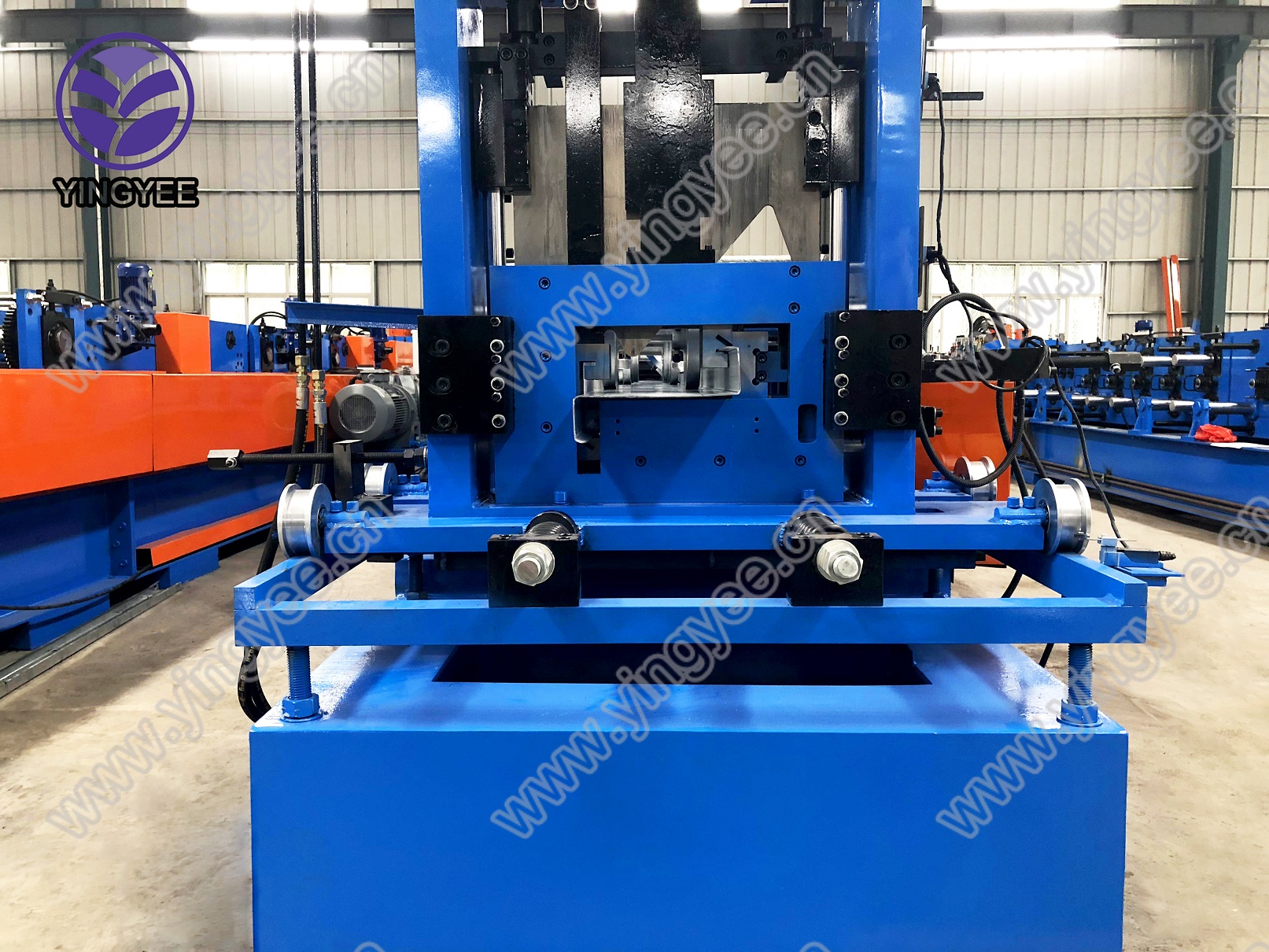
Understanding the Pop Channel Roll Forming Machine
In the realm of metalworking and manufacturing, the Pop Channel Roll Forming Machine stands out as a crucial piece of equipment for producing various structural components. This advanced machine has gained recognition for its efficiency and the quality of the products it manufactures, which are vital for numerous industries including construction, automotive, and manufacturing.
The Basics of Roll Forming
Roll forming is a continuous bending operation in which a long strip of metal is passed through consecutive pairs of rolls, each performing only a small amount of work. This method yields materials with consistent cross-sectional profiles, such as channels, angles, and other shapes vital for construction and structural applications. The primary advantage of roll forming is its ability to produce complex shapes with uniform thickness and material properties.
What is a Pop Channel?
A pop channel, also known as a C-channel or U-channel, is a type of structural metal channel with open ends. It is extensively used in various applications, including framing, supports, and as a part of larger structural assemblies. The unique shape of the pop channel allows it to bear loads effectively, making it ideal for flooring, roof structures, and other load-bearing applications.
Features of a Pop Channel Roll Forming Machine
1. High Precision Modern pop channel roll forming machines are equipped with advanced technology that allows for precise control over the dimensions of the finished product. This precision reduces waste and ensures that the components fit together perfectly in structural assemblies.

3. Efficiency Roll forming itself is a highly efficient process. The continuous production method minimizes downtime and maximizes output, allowing manufacturers to meet the rising demands of the market without compromising on quality.
4. Durability Machines used for roll forming are designed for longevity, often built from high-quality materials that withstand the rigors of continual operation. This durability translates into lower maintenance costs and less frequent need for replacements.
5. Automation Many pop channel roll forming machines feature automated controls for set-up and operation. This not only speeds up production but also enhances consistency and reduces human error.
Applications of Pop Channels
The versatility of pop channels means they find applications in a wide array of sectors. In the construction industry, they are used for building frames, door frames, and structural supports. In the automotive sector, pop channels are utilized in vehicle chassis and body components. Furthermore, in the manufacturing of furniture and fixtures, pop channels serve as essential structural components that ensure durability and stability.
Conclusion
The Pop Channel Roll Forming Machine represents an essential technology in modern manufacturing. Its ability to create consistent, high-quality products quickly and efficiently makes it indispensable in various applications. As industries continue to evolve and seek ways to optimize production, the demand for specialized machinery like the pop channel roll forming machine will only grow. Investing in such technology can significantly enhance a manufacturer’s capability, productivity, and ultimately, profitability. As we move forward, the importance of quality and efficiency in metal fabrication will continue to drive the advancement of machines designed for roll forming and beyond.